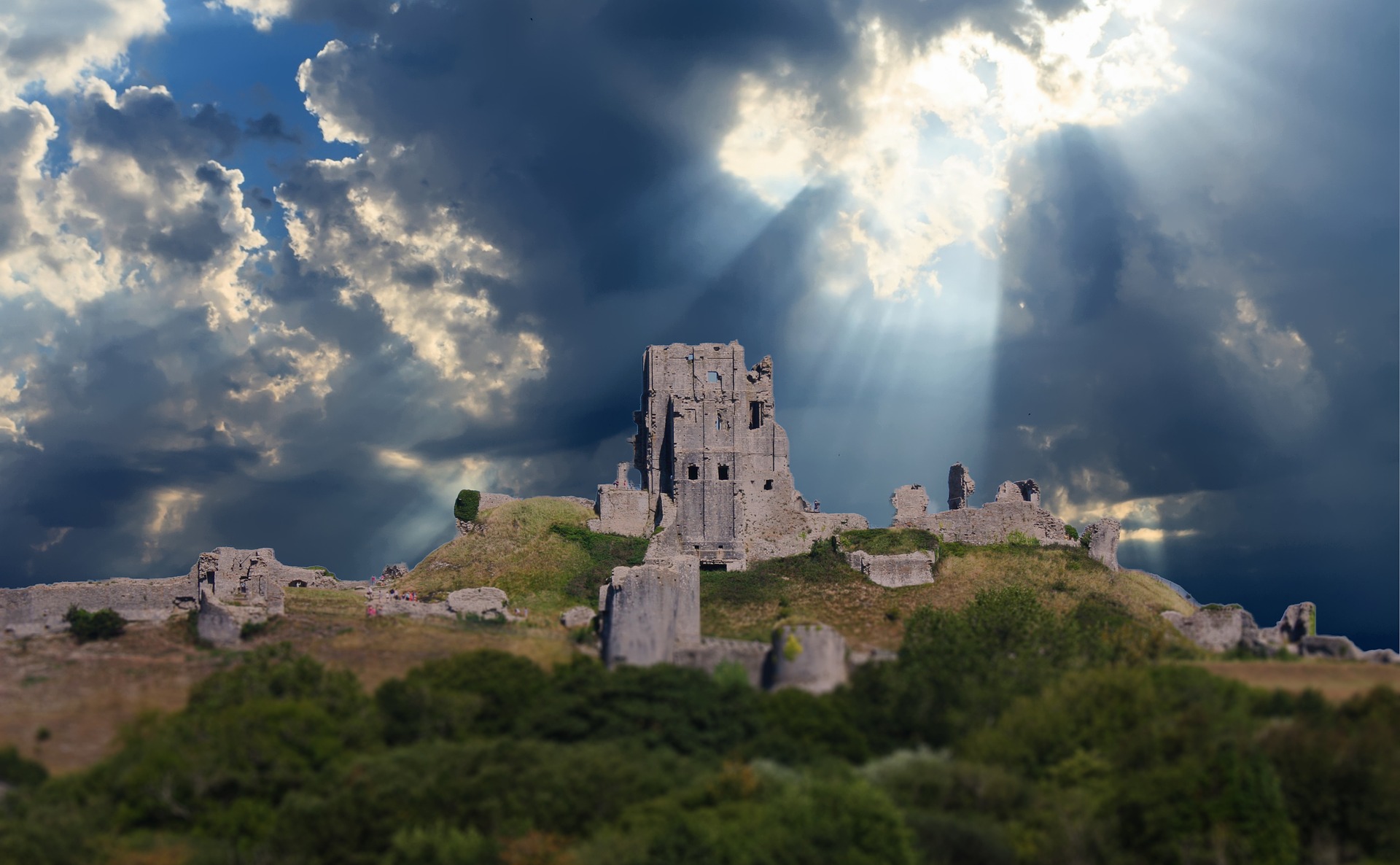Media Release
From: Springer NatureSocial sciences: Complex societies preceded belief in moralizing gods
Belief in moralizing gods followed the expansion of human societies, rather than being pivotal for the evolution of social complexity, according to a paper published online in Nature this week.
In recent millennia there has been a rise in the spread of ‘prosocial religions’, in which either powerful ‘moralizing gods’ (which enforce a moral code) or more general ‘supernatural punishment’ of moral transgressions (for example, karma in Buddhism) have been postulated. Although previous research has suggested that there is an association between the presence of moralizing gods and social complexity, the relationship between the two is debated.
Patrick Savage and colleagues analysed standardized data on social structure, religion and other domains for hundreds of societies throughout world history to test the relationship between moralizing gods and social complexity. The authors coded records for 414 societies spanning the past 10,000 years from 30 regions around the world, based on 51 measures of social complexity and 4 measures of supernatural enforcement of morality. They found that belief in moralizing gods usually followed the rise of social complexity and tended to appear after the emergence of ‘megasocieties’, which correspond to populations greater than around one million people. The authors argue that a belief in moralizing gods was not a prerequisite for the expansion of complex human societies, but may represent a cultural adaptation that is necessary to maintain cooperation in societies once they have exceeded a certain size. This may result from the need to subject diverse populations in multi-ethnic empires to a common higher-level power, they conclude.


